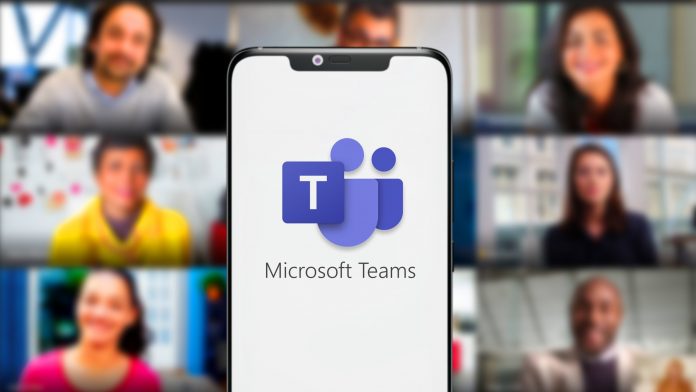A study has shown that thousands of work hours have been freed up for NHS staff since Microsoft Teams has been implemented
NHS Digital rolled out Microsoft Teams to 1.3 million users in March and has since been used to replace 14.5 million phone calls and hosted more than 32 million virtual meetings, in the space of 6 months. In just one week nearly six million messages were sent between colleagues.
It is estimated that more than 2.9 million work hours have been freed up since using Teams, allowing staff to put their time to better use rather than picking up the phone or holding in-person meetings.
NHSmail O365
Associate Director of ICT Operations at Imperial College NHS Trust, Pushpak Nayak said: “When joining a Teams meeting there’s no need to spend time checking if a meeting room is available and no need to leave your work area to get to the meeting room. In many cases the time saving would be much greater than five minutes, especially if the meeting is being held at another hospital site.
“With Teams calls, time is saved by knowing someone is available to take your call and not having to find their number.
“We are now focusing on benchmarking efficiencies as we digitalise front line and back-office processes and will look to expand our cost equivalent savings model as we roll out further NHSmail O365 productivity services.”
Head of Collaboration Services for NHS Digital, Chris Parsons said: “This has been a gamechanger that enables health and care colleagues to connect, communicate and collaborate effortlessly. Having over 1.6 million colleagues on the same secure communications platform is enabling massive improvements in how the whole system can work more effectively together.
“The pandemic caused a seismic shift in how teams operated and worked together across the health and care system, having access to collaboration tools such as Microsoft Teams has enabled that transition to be smooth and effective.”
Source: NHS Digital











